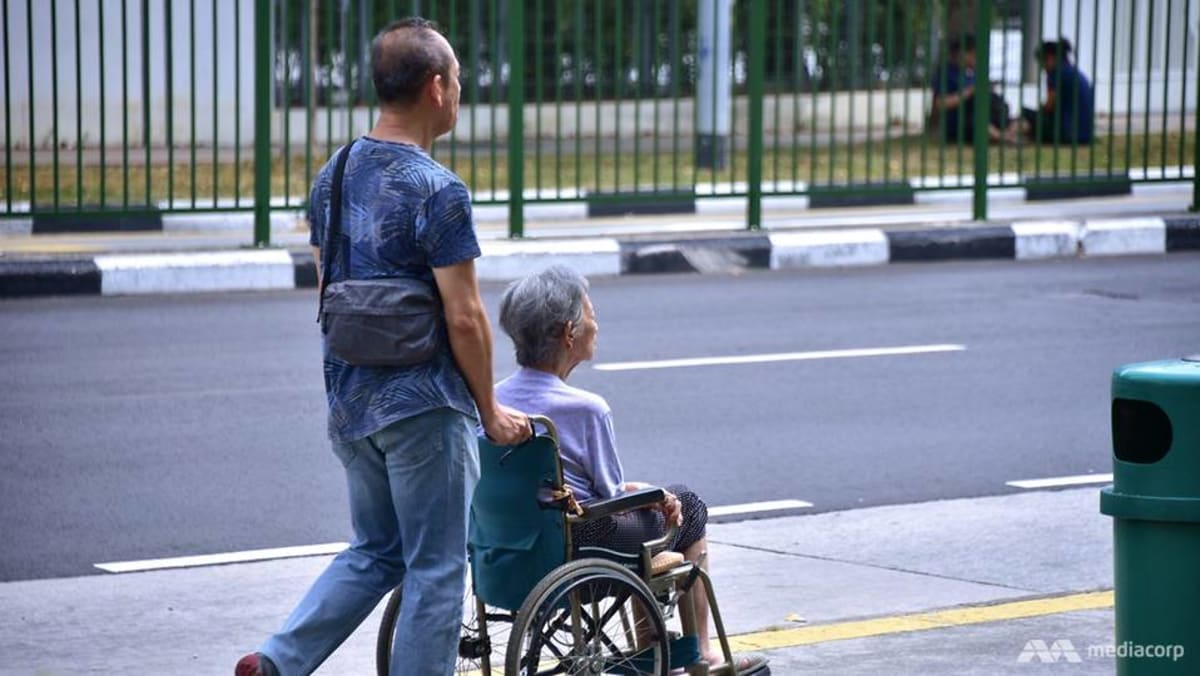“Many caregivers we find are still unaware of the help available, or sometimes they may even hesitate to ask for help due to stigma or a sense of duty. So in a cultural sense, it usually falls under filial piety, so they don’t really see themselves or identify themselves as caregivers,” said the charity’s marketing and donor management executive Sharlene Ferry.
“So definitely, in this area, awareness and also public education is very important.”
She added that many also fail to identify themselves as caregivers, as they merely think they are looking after their loved ones without realising they are performing complex caregiving work.
One of the biggest challenges faced by those caring for seniors is burnout, Ms Ferry pointed out, with many belonging to the sandwiched generation. They also feel isolated as they are forced to put their social lives on the backburner, she added.
For example, a client of CWA was a 78-year-old retiree caring for his wife.
“His days were often actually very quiet, so he fell into isolation … and he had a lingering sense of uncertainty, because as a senior, he did not have the same energy that he once had, and he was unable to care properly for his spouse,” said Ms Ferry.
The client ended up joining a support group at CWA to improve his emotional wellbeing.
“Support groups are a safe and supportive space where they can actually come together to actually share their experiences and also engage in different types of sessions, such as art therapy or mindfulness-based sessions,” Ms Ferry noted.
